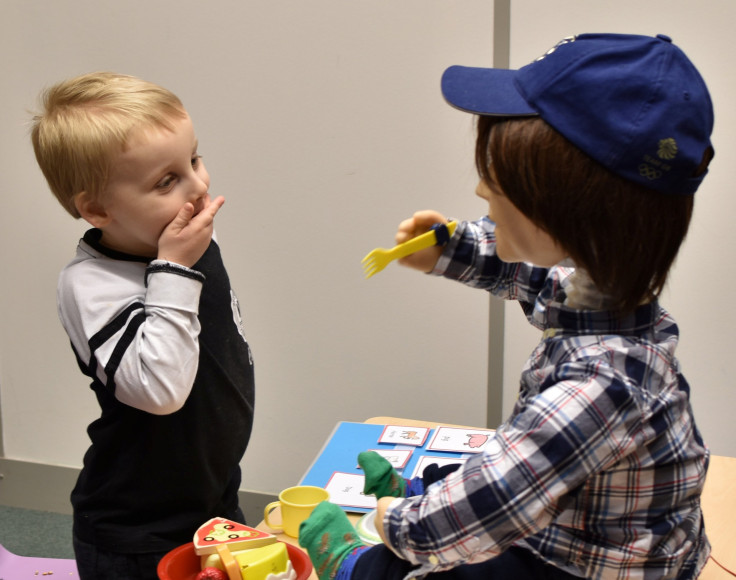This Quick, Non-Intrusive Eye-Scan Can Detect Autism In Children Before They Turn 2

KEY POINTS
- one in 59 children are diagnosed with Autism spectrum disorder
- ASD isn’t diagnosed until 24 months of age
- Using the new eye scan, autism can henceforth be identified much earlier
- Early identification can advance early intervention for kids with ASD
It can be nearly impossible to diagnose autism in children before 24 months of age. Although the symptoms surface between 12-18 months of age, the condition is detected only after a child turns 2. But, thanks to the new eye scan, autism can henceforth be identified much earlier.
Ever since 2006, Dr. Paul Constable, a senior lecturer at the college of nursing and Health Sciences at Flinders University has been looking for an autism biomarker. After his own son being diagnosed with the condition, he had been trying to find a way to advance the age of diagnosis and early intervention for children with autism spectrum disorder (ASD).
Dr. Constable’s research team has discovered a new non-invasive eye scan that utilizes a hand-held device that identifies a pattern of subtle electrical signals in the retina that are specific in children with ASD. The pattern identified corresponds to the differences in their brain development.
The team tested the scan on about 180 individuals with and without ASD between the age of 5-21. They collaborated with Yale University and the University College London for this study. Such potential biomarkers for ASD could allow for early diagnosis of other developmental disorders including attention deficit hyperactivity disorder (ADHD).
"The retina is an extension of the brain, made of neural tissue and connected to the brain by the optic nerve, so it was an ideal place to look," EurekAlert mentioned Dr. Constable. "The test is a quick, non-intrusive eye-scan using a hand-held device and we anticipate it will be equally effective on younger children. Very early diagnosis means not only can children receive important interventions, but families are empowered to get the necessary supports in place, come to terms with the diagnosis, and make informed decisions," he added.
After having identified a likely candidate biomarker for autism, the researchers are trying to find out if the condition can be identified during infancy in order to intervene at an earlier stage and achieve better development.
Previous studies have indicated that siblings of autistic children are more likely to develop the disorder. Therefore, early diagnosis in a firstborn child could give the parents the opportunity to decide if they would like to have more kids.
© Copyright IBTimes 2024. All rights reserved.






















